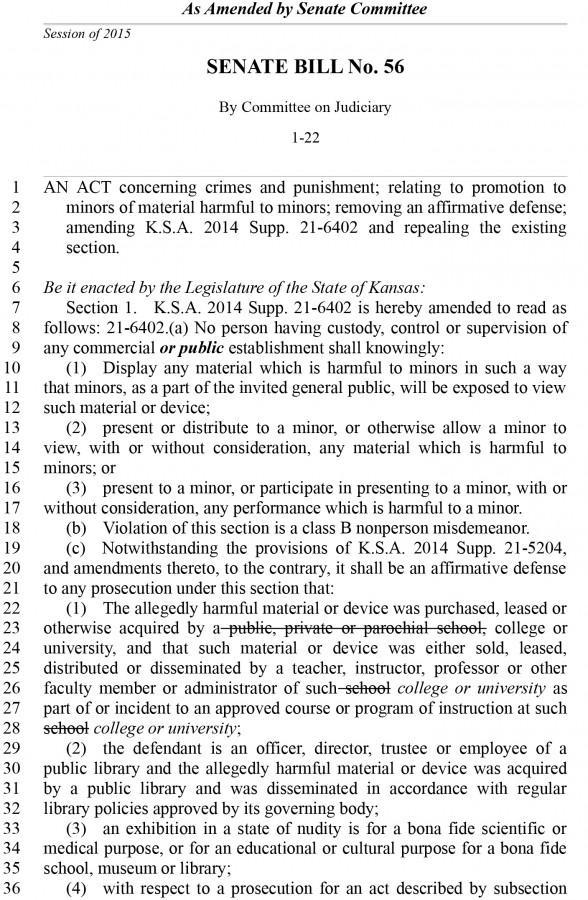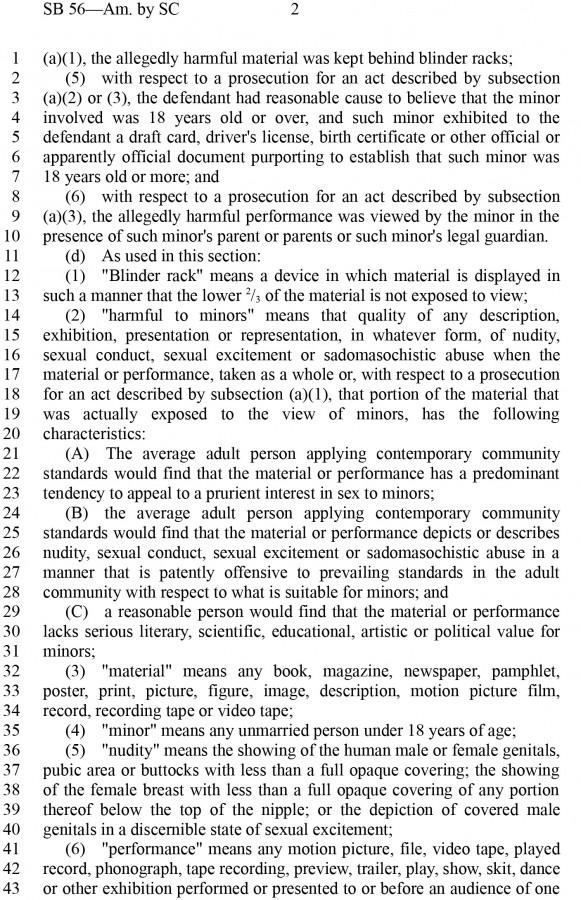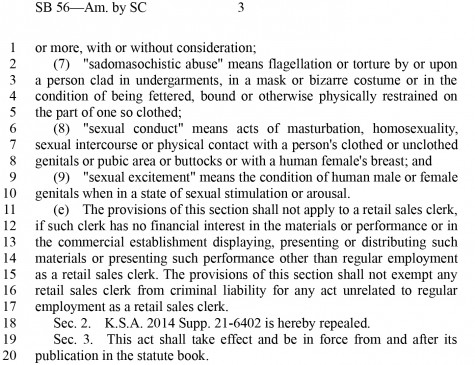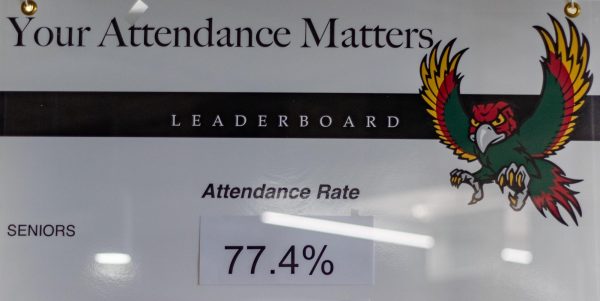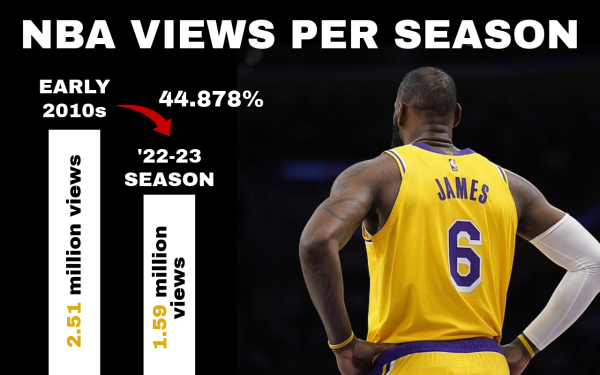New bill passed prohibiting “harmful material” in schools
Wednesday, Feb. 25, a bill was passed with a 26-14 vote by the Kansas Senate aimed at prohibiting any school taught material that may be deemed harmful or inappropriate.The bill’s purpose is to limit harmful or pornographic material taught in schools.
Teachers found guilty of the offense could face criminal charges as well as jail time. The bill has removed teachers’ ability to use affirmative defense in facing criminal charges. This means that in the event a teacher is questioned for their teaching methods, they have no protection under the law and can be more easily prosecuted.
The bill’s ambiguity has caused some controversy among teachers through Kansas. The use of “harmful material” has been argued to be up to individual interpretation. Because of this broad definition, the bill can also be applied to classes outside of sex-ed.
“It’s a dangerous precedent, because who’s to define what’s dangerous or harmful?” AVID teacher Ron Swall said. “I know that there are probably parents, and other teachers who sometimes question how close to the line some teachers get in terms of reality issues, but I really have a hard time believing that teachers in general, before this bill, would have put themselves in the position of some kind of liability by doing something inappropriate with their students.”
The bill could potentially extend to classes that discuss books or content that could be deemed too sexual or otherwise inappropriate for minors.
“Every book has some sort of violence, something about race, racial issues, sex, going against your parents, varying religious views,” English teacher Elaine Elliott said. “I guess whatever someone wants to get upset about could fall into ‘harmful materials.’”
This could be a large challenge for English teachers, since it would be potentially difficult to find books with discussion value as well as appropriate material.
“Teachers who are engaged in social studies, teaching about civil rights for African-Americans, Native Americans, immigrants, that might be harmful, based on certain grounds,” Swall said. “Having discussions about gender equality issues, that could be construed as harmful. Does that put those kinds of conversations at risk? I think, potentially, it does.”
Science teachers could be potentially punished for discussing subjects that could contradict a student or parent’s personal beliefs or religion.
“For biology teachers, there’s all kinds of components of what’s in their curriculum that could be construed as harmful,” Swall said. “ What about the discussion about evolution? They (parents) might think, on certain grounds, the teaching of evolutionary process is harmful to their child.”
A related bill entails new sex-ed requirements that would include an opt-in policy as opposed to an opt-out. It specifically states that no school “shall provide instruction on human sexuality to a student, unless written consent has been received from the parent or legal guardian.”
This means that students will be assumed to be unenrolled unless a form is signed. Former rules have required students to opt out of an otherwise required sex education curriculum.
“Hopefully it will work for the best,” Elliott said. “Hopefully the ambiguity will cause them to get rid of it.”
Below is a copy of Senate Bill 56.


